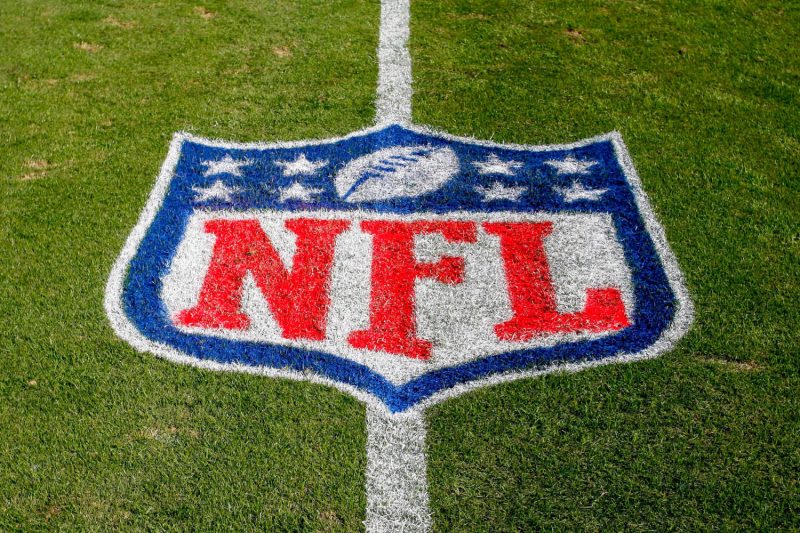
Breaking News: Federal Judge Throws Out $4.7 Billion ‘Sunday Ticket’ Verdict Against NFL!
The recent legal battle surrounding the National Football League (NFL) and the Sunday Ticket subscription service has taken a dramatic turn with a federal judge overturning a massive $4.7 billion jury verdict in the lawsuit. This ruling marks a significant development in the ongoing dispute, raising questions about the future of the popular sports package and the implications for both consumers and the league.
The case centered on allegations of anti-competitive behavior by the NFL in its dealings with various providers of the Sunday Ticket service. The plaintiffs, a group of subscribers who had filed the class-action lawsuit, claimed that the league had unlawfully restricted competition in the market, resulting in higher prices and limited options for consumers.
The jury initially sided with the plaintiffs, awarding a staggering $4.7 billion in damages against the NFL. However, the NFL promptly challenged the verdict, setting the stage for the recent ruling by the federal judge that overturned the jury decision. In his ruling, the judge cited legal errors in the jury instructions and emphasized the need for a fair and impartial assessment of the evidence.
The reversal of such a substantial verdict raises important considerations about the legal standards applied in antitrust cases and the complexities of navigating competition laws in the sports industry. It also underscores the high stakes involved in disputes of this nature, with billions of dollars in potential damages hanging in the balance.
For consumers, the outcome of this legal battle could have tangible effects on their viewing experience and the cost of accessing NFL content. The Sunday Ticket service, which allows subscribers to watch out-of-market games, has long been a coveted offering for football fans across the country. Any changes to the availability or pricing of this service could impact the viewing habits of millions of fans.
From the NFL’s perspective, the ruling represents a crucial victory in its efforts to defend its business practices and preserve its control over the distribution of its content. The league has consistently emphasized the need to protect its rights and maintain a competitive marketplace for broadcasting its games.
As the legal proceedings continue to unfold, both sides will likely continue to make their case before the courts, seeking a final resolution to the dispute over Sunday Ticket. The ultimate outcome of this case will not only shape the future of NFL broadcasting but also set important precedents for antitrust law in the sports industry.
In a landscape where media rights and digital streaming are rapidly evolving, the Sunday Ticket lawsuit serves as a microcosm of the broader challenges facing traditional sports leagues and their efforts to adapt to changing consumer preferences. For now, the overturned verdict stands as a pivotal moment in this legal saga, casting a spotlight on the intricate intersection of law, business, and entertainment in the world of professional sports.
